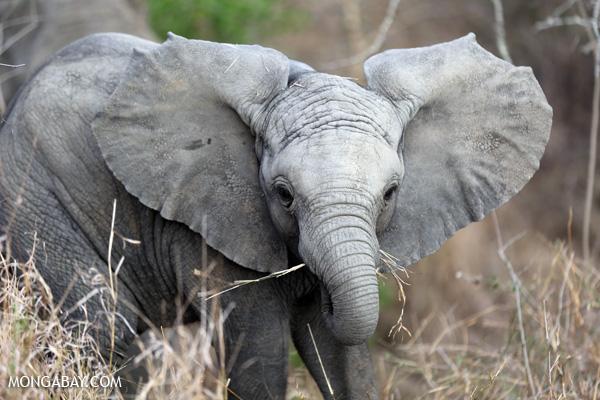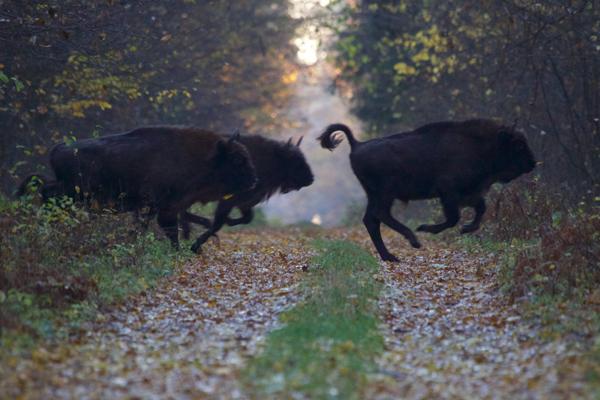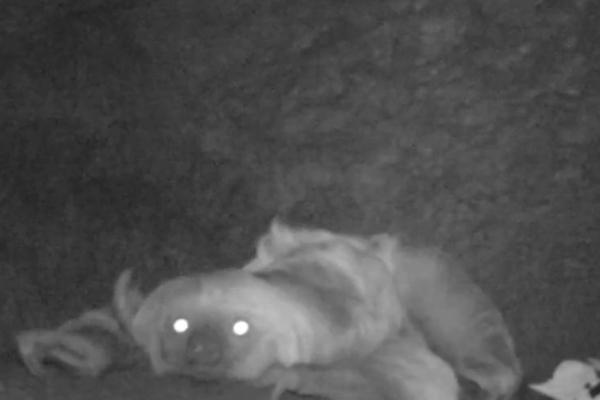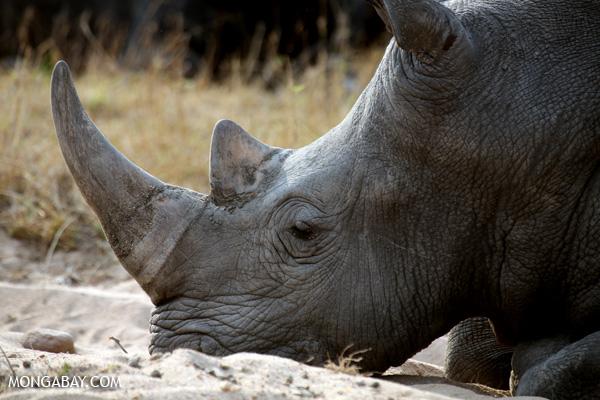California congresswoman, Toni G. Atkins, introduced a bill yesterday (AB 96) that would close a major loophole allowing ivory to be sold all over the state. Thousands of miles away, across Africa, poachers are decimating elephants for their ivory tusks. A recent study estimated that one fifth of the continent’s elephants have been slaughtered in just three years, while experts say that 65 percent of the continent forest elephants—believed by some to be a distinct species—have been killed since 2002. The U.S. is generally believed to be the second largest market for ivory after China.
“The slaughter of elephants for their tusks...is as senseless as it is cruel,”“ said Atkins, a Democrat from San Diego, who is the Assembly Speaker. ”California recognized that and enacted a law almost 40 years ago to end the ivory trade here, but that law needs strengthening in order to be effective. AB 96 closes the loophole that allows the illegal ivory trade to continue to flourish and adds real enforcement teeth to the law so California can do our part to end the slaughter."
While California has already banned the sale of ivory, the current law allows any ivory from before 1977 to be sold as an “antique.” However, traders have used this loophole to continue to sell ivory with impunity. Indeed, a recent report by the Natural Resources Defense Council (NRDC) estimated that up to 90 percent of ivory sold in Los Angeles is illegal and 80 percent sold in San Francisco, meaning the ivory came from elephants killed post 1977. In total, probably half the ivory sold in the state is illegal.
Elly Pepper, with the NRDC, called the findings “astonishing.”
“I think if people realized that the pieces being displayed right now on local store shelves most often come from elephants that were killed in recent years they'd be shocked and outraged, ”said Pepper.“But most people don’t know that the great majority of ivory products these days are altered to look like antiques in order to appear legitimate.”
If passed, AB 96 would close the loophole, prohibiting anyone from buying, selling, or importing ivory, including possessing any ivory with an intent to sell. Traders and buyers could be charged with a misdemeanor and leveled a civic penalty of up to $10,000. The new law would not only apply to ivory, but also rhino horn.
“We are driving these magnificent animals toward extinction across Africa unless we stop the killing of an estimated 96 elephants each day, stop the trafficking and stop the demand for ivory,” said John Calvelli, Wildlife Conservation Society’s Executive Vice President for Public Affairs and the Director of WCS’s 96 Elephants campaign. “As long as demand for ivory remains high and enforcement efforts are low, the legal trade will continue to serve as a front for criminal syndicates. A California ban on ivory sales is an important step forward in this global effort to save elephants.”
This article was written by Jeremy Hance, a contributing writer for news.mongabay.com. This article was republished with permission, original here.




